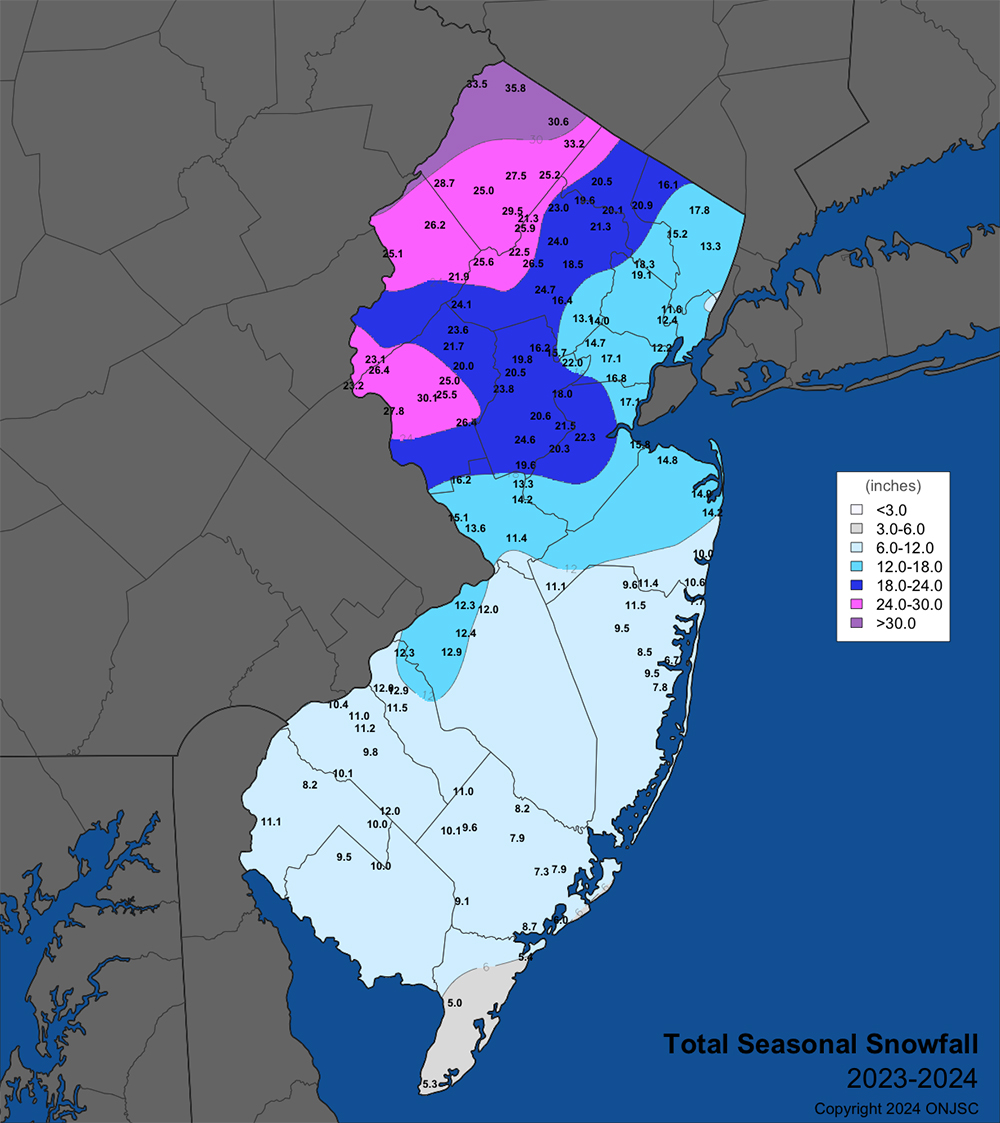By Sarah Fertsch
Staff Writer
As the holiday season sets on New Jersey like the first snowfall, families gather for good and for bad. One TikTok influencer noted that for many of us, if we were not related to our more problematic relatives, we would hate them. Nevertheless, blood is thicker than generational differences, political divisions, and cringy comments. We all have that one aunt who is a flat-earther, a grandmother who always asks why you’re single, or a brother who burns the stuffing every single year. How can we put aside our issues and celebrate the joys of the season?
Dr. Debbie Ellis, a licensed psychologist from Australia, published the aptly-named book, ‘How to Hug a Porcupine: Easy Ways to Love the Difficult People in Your Life.’ The book details strategies on focusing on the positive qualities of the porcupines in our lives and practicing empathy in non-reciprocal interactions. Like porcupines, difficult people use fear and anger to intimidate perceived threats but have soft underbellies beneath their needles. Here are her tips for loving difficult people and making the most of family gatherings:
Most ‘Aggression’ Is Based Out of Fear
In the wild, almost every predator (other than polar bears) attack humans because they feel like they’ve been backed into a corner. A mother bear lashes out to protect her cubs and a tiger pounces on a human perhaps because they need to defend their hard-hunted food. In the same way, difficult people may complain or yell because they feel out of control or desperate to feel valued. Your dad may lose his temper during political discussions because he worries that the world is falling apart. Your cousin may start crying when the guests are late because she really wants this dinner to go smoothly. See beyond the reaction and pay attention to the motives behind the reaction. This will help you be able to connect with the person instead of their defenses.
Remain Calm and
Grounded in Reality
When a difficult person starts to lose their cool, it’s crucial to maintain your composure, because if everyone becomes emotionally volatile, the event will become traumatic for almost everyone involved. When you notice that your mother is slamming cupboards, take some deep breaths. Ask her what’s wrong and remind her that everything is okay and everyone is safe. There’s no need to freak out. Try to dodge any triggers that may cause you or others to raise your voices or act out. In fact, take a break from the situation and use mindfulness strategies if you feel yourself start to lose composure.

Control Your Environment
Preplanning can really help everyone have a good time. This may mean that you set a rule to not bring up politics or religion or a hard topic during the gathering. Take your emergency anxiety medication if you expect the event to increase your symptoms. If your one person does all the cooking and panics because of the overwhelming responsibility, order takeout. Especially if you are the host, you can control a lot of variables to ensure that everyone has a lovely time at your event.
Don’t Take It Personally
Porcupines use their needles when they are scared, no matter who is in the way. The same is true for difficult people. Your daughter may isolate herself during the dinner because she feels overwhelmed, even if she loves you. Your son-in-law may smoke during the party because he needs to feel better, not because he wants your house to smell bad. We cannot control other people, and most likely, they are so focused on themselves that they aren’t paying attention to you or your hard work. So when your uncle trashes Joe Biden, he isn’t thinking about your devotion to the Democratic Party.
Plan For the Day After
Self-care will preserve your energy and restore your sanity. After the stressful event, do something that makes you feel good, like watching a beloved movie, getting your nails done, or playing pickleball with a friend. You have worked hard to make the holidays good for everyone else, so do something that makes you feel jolly. Without caring for yourself, you won’t be able to care for others.






